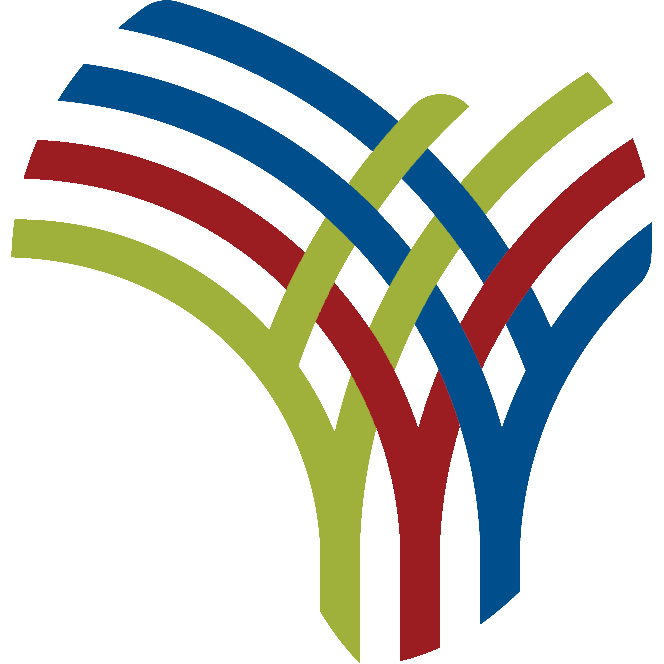The director of the National Association of the Deaf, Paul Nanyeni, says the community has been excluded from accessing information and basic services.
He said this in an interview with Desert Radio last week.
Nanyeni said it is important that schools are inclusive, so that pupils who are deaf could also attend.
“There is a need for well-trained and qualified sign language interpreters in the country. Knowing the basics of sign language doesn’t mean you are qualified to be an interpreter.
“We need interpreters who can have conversations with the deaf and interpret what they say accurately,” he said.
JOB MARKET
Nanyeni said employed members of the deaf community face stigmatisation and hardly get promoted at work – even if they qualify.
“We remain in the same position with different salary scales, although we do the same job,” he said.
“Quality education is compromised because our situation hinders us. We want to get qualifications, but we are hardly able to achieve our academic goals.”
Access to information is another challenge, Nanyeni said.
He said despite the country having inclusive information and education policies and promoting equal rights to education for all, the deaf community is excluded without interpreters.
Some teachers cannot teach deaf children because of the communication barrier, he said.
“We want to participate as well whenever there are interviews or discussion panels. We want Namibia to be inclusive. We want self-representation, which is our motto,” Nanyeni said.
He said sign language recognition is his passion and he has been advocating this since 2009.
“We understand English is the official language, but sign language is a medium of instruction. We have German and French and other international languages taught at Namibian schools, so we should also have sign language taught at schools,” he said, adding that the association has approached the Office of the Prime Minister about making sign language a compulsory subject at all schools in Namibia, as is the case in South Africa.
“We commend the deputy minister of disability affairs, Alexia Ncube, and the information ministry for advocating the recognition of this.
“We want Namibia, through sign language, to become inclusive. We are planning on developing an app with voices and signs that enable people to learn and understand sign language easier.”
Ncube says every person with disabilities should be entitled and included.
“The National Assembly is fully aware of the request to recognise sign language after a parliamentary statement I made last September on the importance of sign language and the benefits the deaf community will get,” she said.
Ncube said she would bring the matter to the attention of parliamentarians again.
“I would like to table the motion in parliament, and I commend the South African president for recognising sign language, as Namibia might follow suit,” she said.
INCLUSIVE EDUCATION
Executive director of education, arts and culture Sanet Steenkamp says the ministry is aware of the challenges deaf pupils face when applying for further studies at institutions of higher learning.
A syllabus for all pupils from Grades 1 to 11 was developed, and teacher assistants for the deaf work with teachers in pre-primary and primary classes to strengthen the learning of sign language.
“The ministry herewith wishes to assure the nation that we remain committed to equitable and inclusive education and all our pupils’ academic needs, hence our investment in the strengthening of sign language.
“We call for deliberate collaboration among offices, ministries and agencies, stakeholders, and partners to eliminate the learning difficulties faced by deaf pupils,” Steenkamp says.
CHALLENGES
Sara Kaapanda (29) says she has been unemployed since 2020 and has been working on a six-month contract on two different jobs.
“I keep looking for a job, but until now I haven’t gotten any work,” she says.
Kaapanda says she appreciates that some of her family members know sign language.
Petrina Shomokuti (39) says institutions and organisations should have posters at their offices to help deaf people communicate with those who are not deaf.
She recalls an experience where she was stranded at a bank due to communication difficulties.



Leave a Reply